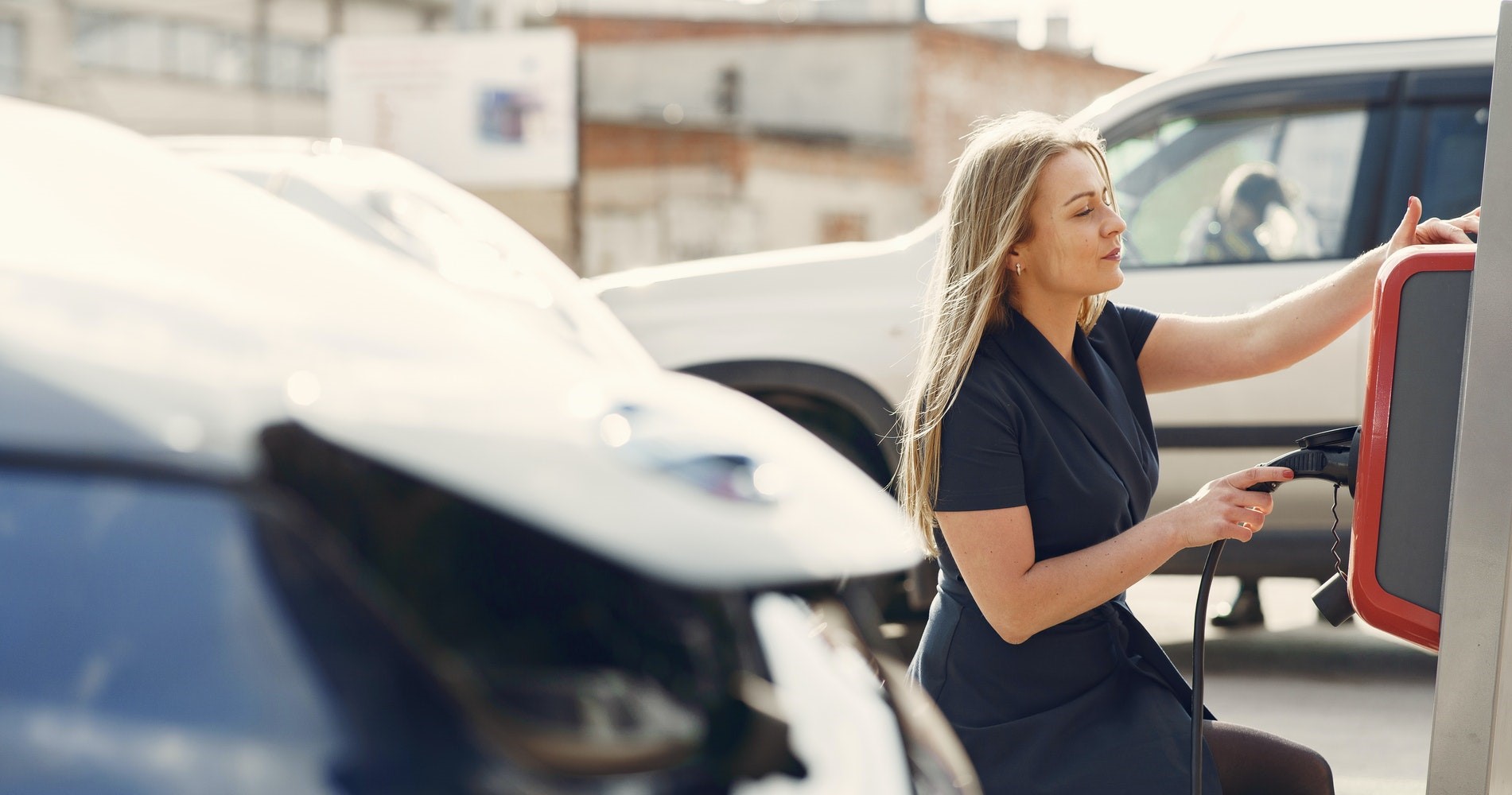South Korea has developed new batteries that can be charged in a few tens of seconds
 Research team, affiliated with the Korea Advanced Institute of Science & Technology (KAIST) has developed a hybrid lithium battery that can be charged within 100 seconds. This is another step forward in the electro mobility field that may address one of the main reasons why drivers are reluctant to use electric vehicles - anxiety of the lengthy charging.
Research team, affiliated with the Korea Advanced Institute of Science & Technology (KAIST) has developed a hybrid lithium battery that can be charged within 100 seconds. This is another step forward in the electro mobility field that may address one of the main reasons why drivers are reluctant to use electric vehicles - anxiety of the lengthy charging.
In addition to the charging speed, Korean team has managed to significantly improve energy density and battery performance. The battery also has a wide range of the driving voltage. Despite the success, the research team continues to improve the characteristics and storage capacity of the cathode and anode ions to achieve even higher energy performance.
Next generation hybrid lithium-ion batteries are expected to replace current energy storage devices for use in electric vehicles, which, despite their high energy density, have several disadvantages: large volume or long charging time. Hybrid lithium-ion batteries combine two materials. The Korean institute team built on graphene, a conductive carbon crystallized into a grid-like structure.
In conventional batteries, charging and discharging, simply put, works by the movement of lithium ions between the anode and cathode (positive and negative electrodes), ions and electrons on the anode (when the battery is charged) most often store carbonaceous medium. KAIST researchers used graphene, but at the same time they needed to increase anode and cathode capacity, and thus developed a high-capacity material based on nanotechnology of the porous conductive carbon structure. Therefore, the battery offers large storage capacity and fast ionic charging.
Electric vehicles are on the rise, as the charging times shorten
Not long ago, electro mobility was progressing faster than we managed to debunk the myths and false perceptions about it. This is changing and recently the public acceptance and awareness is growing (depending on the country), driven by continuously extended range, charging station infrastructure availability and shortening the charging times. Several breakthroughs have been made, especially in the field of fast-charging batteries.
Estonian automotive supplier Skeleton Technologies collaborates with the Institute of Technology in Karlsruhe to develop a new type of a long-life graphene battery. The company claims the battery to be charged in 15 seconds (however, the source does not indicate capacity and range).
So far, another type looks more promising - the solid cathode battery, that Toyota is working on. The battery is also a lithium-ion type, but compared to the more common, it should have double capacity, significantly shorter charging times and thereby ensure EV´s longer range. Moreover, despite its high capacity, the energy storage device is smaller in size and as it takes less lithium and other metals, significant cost reduction is expected. According to Toyota it shall be available within a couple of years.
Batteries are not the only issue. It has to be considered, that the bold statements of manufacturers often indicate the charging time under ideal conditions. In order for the super-fast charging times to be achievable in real life, adequate charging stations performance will also be required.
Currently, it is no longer necessary to count only on slow charging that takes hours, or charging overnight. The available fast charging stations can charge an electric car in 20 minutes. Charging stations operator GreenWay states "if the user charges with an ultra-fast charger with up to 150 KWh output, charging per 100 km range takes less than 5 minutes."
Thus, the aim is to provide charging experience that does not take longer than filling the tank of a combustion engine car, thereby eliminating one of the major anti-EVs demotivating factor.
Related articles

2021 is the European Year of Rail
8. March 2021
The European Commission has designated the year 2021 to be the European Year of Rail. Throughout the year, a variety of events and stimuli to motivate passengers and freight to increase their rail transport will be planned.

Recent Breakthroughs in Air Mobility
27. February 2021
Austria, as the first country in the European Union, has permitted a trial operation of an automated drone. The EHang Company from southern China has ambitions to become one of the global platforms for autonomous, ecological, and safe air taxis.

EVs Charging Time Shortening Progress
26. February 2021
South Korean KAIST's research team has developed a hybrid lithium battery that can be charged in 100 seconds.




